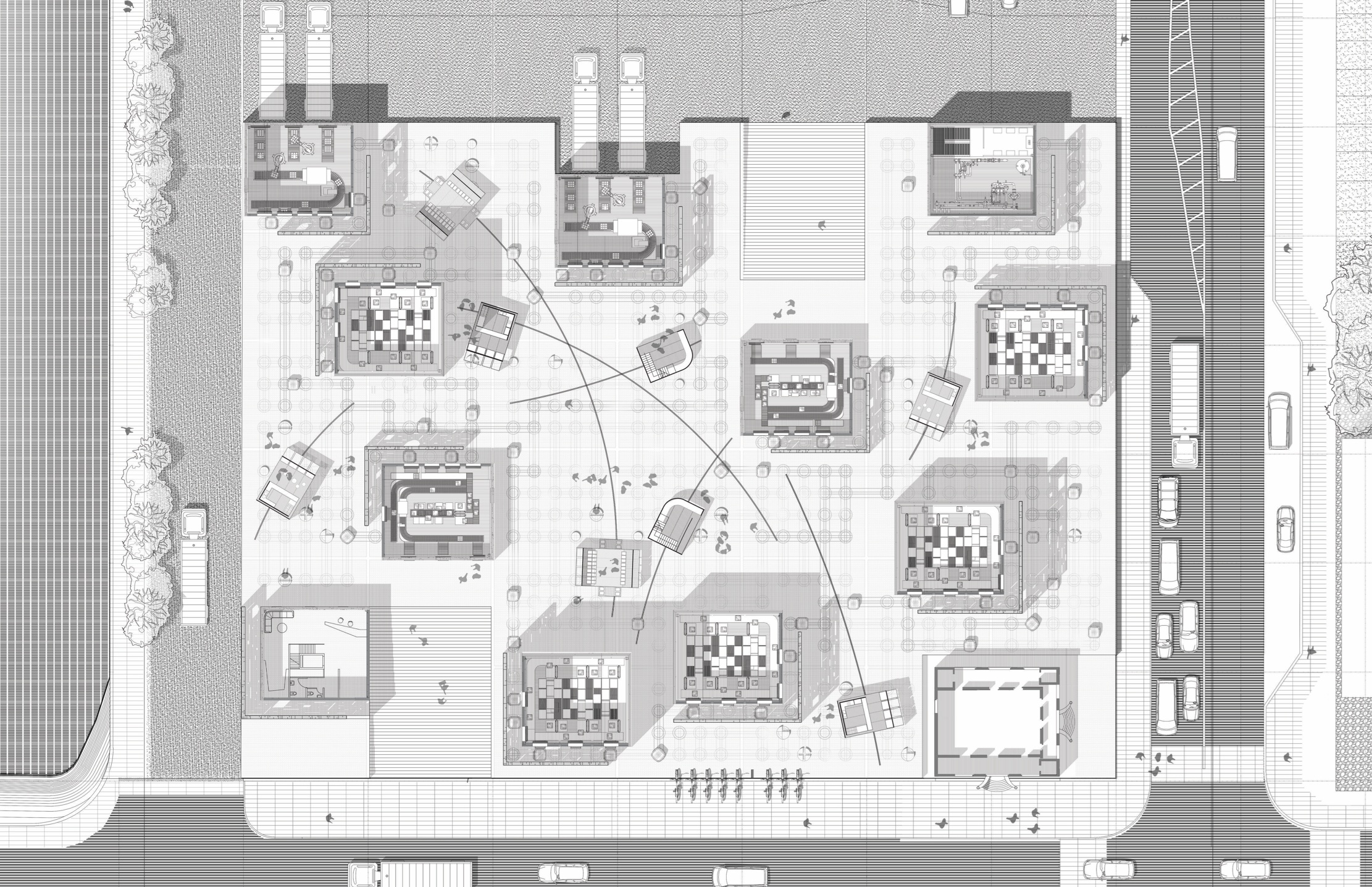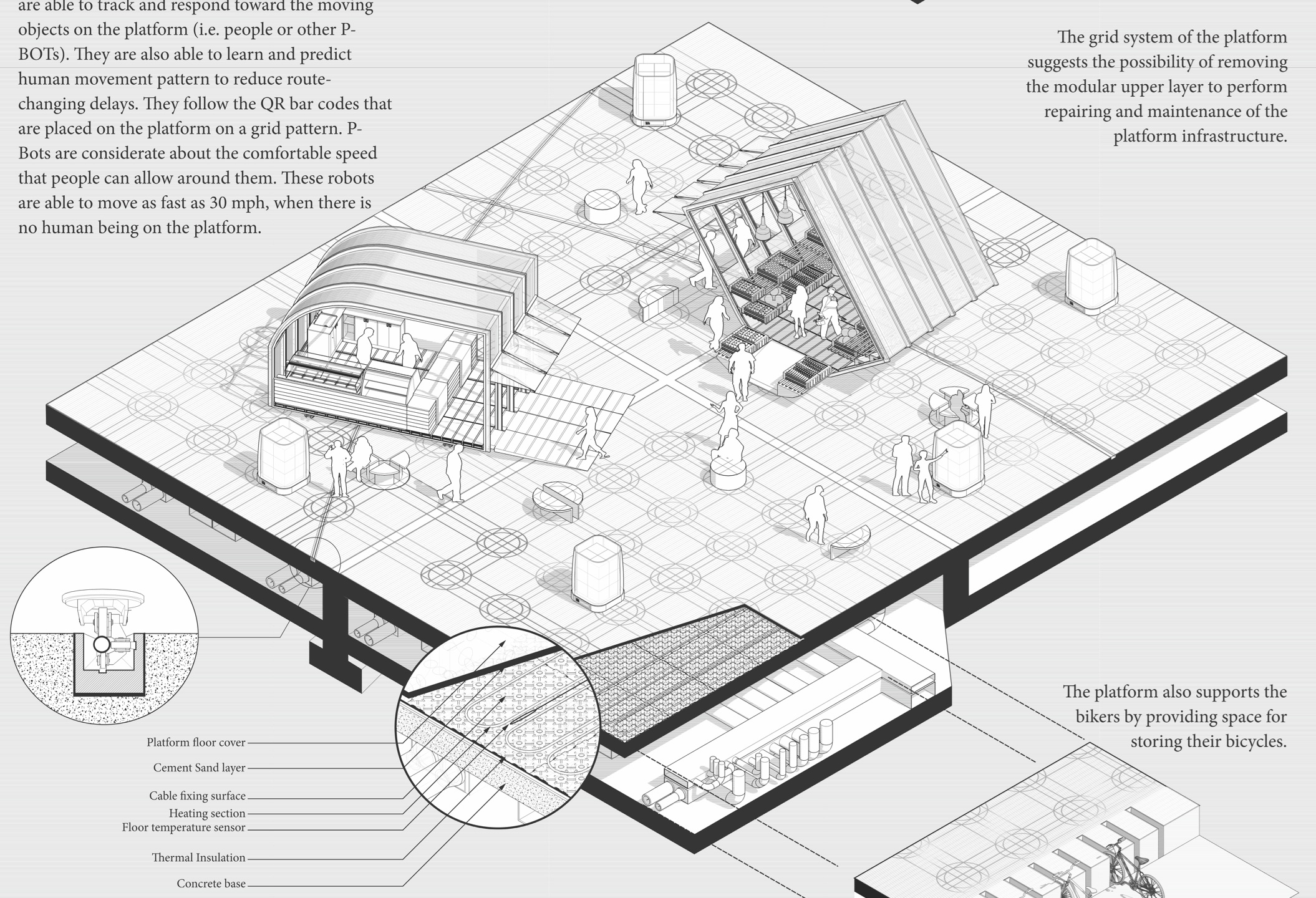Nusrat Jahan Mim
Assistant Professor
nusrat.mim@daniels.utoronto.ca
Nusrat Jahan Mim is an Assistant Professor at the John H. Daniels Faculty of Architecture, Landscape, and Design and the Faculty of Information at the University of Toronto. Her research lies at the intersection of urban design, social justice, and technology, with a focus on the politics of the built environment and Artificial Intelligence (AI).
Through her work, she critically examines how technology, policy, and spatial design shape marginalized communities’ experiences in cities across the Global South and beyond. At the Daniels Faculty, she teaches courses on politics in urban design, critical computing, and participatory methods, fostering interdisciplinary dialogues that bridge cities, AI, and social equity.
Mim earned her Doctor of Design from Harvard University’s Graduate School of Design, where she was a Mellon Fellow and Aga Khan Fund recipient. She also holds a Master of Architecture from Syracuse University, where she was awarded the AIA Henry Adams Medal for academic excellence, and a Bachelor of Architecture from Bangladesh University of Engineering and Technology (BUET), where she graduated magna cum laude.
Her research has been recognized with prestigious awards, including multiple ACM SIGCHI Best Paper and Honorable Mention Awards, and has been supported by grants from the Aga Khan Endowment Fund, Harvard Mellon Urban Initiative, and Microsoft Research. Her scholarly contributions span architecture, urban planning, and human-computer interaction, with published works in leading venues such as ACM CHI, ACM CSCW, Routledge, and ACM Interactions.
Mim is actively engaged in several collaborative research initiatives. She is currently working with Microsoft Research, the Department of Computer Science at U of T, and UNDP on the politics of AI-generated urban visuals and their implications for cities in the Global South. She is also leading projects on algorithmic bias in urban design, exploring how AI systems shape spatial imaginaries and reinforce historical inequalities. Additionally, her research with BRAC and Harvard University focuses on informal urban settlements and disaster-resilient housing for displaced communities. These interdisciplinary collaborations aim to develop ethical, inclusive, and contextually responsive technological interventions.








